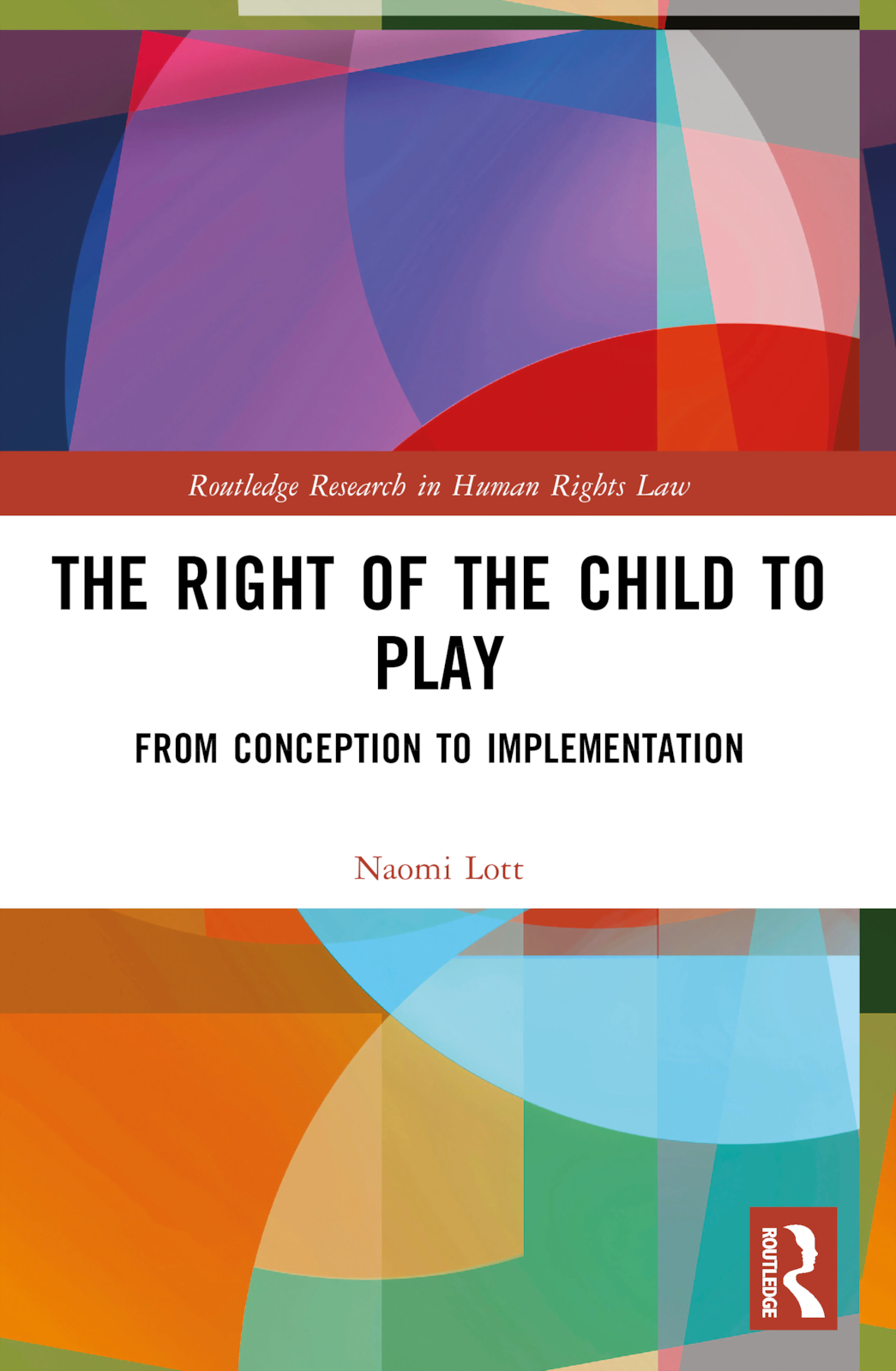A project in the Implementing Human Rights research cluster
Read more about Research at the Bonavero Institute
Project Summary
Whilst children have a right to play, as provided for in Article 31 of the UN Convention on the Rights of the Child, there are significant gaps in understanding how the right should be implemented. This project will work with children of all ages to investigate their understandings of their right to play and the factors and contexts needed for the implementation of this right. This project will be novel in directly engaging children of all ages as vital contributors on the topic of play, and particularly adolescents; moving beyond previous common practice concentrating on young children's play.
The project builds upon an existing analysis of the right to play (Lott, 2022; 2023) and research on the law's understanding of childhood as a distinct time in the life course (Herring, 2022). The project will inform the development of a framework for implementing the right to play, a tool that can be used by multiple stakeholders for the realisation of this right (policy actors, lawyers, NGOs, schools, healthcare professionals, children). In so doing, it will translate the law into a format accessible to numerous communities. A framework for implementing the right to play has the potential to impact policy on education and schooling practices, urban planning, and legal education, at a global level. Through engaging with children in the interpretation and development of the law, this project also contributes to the realisation of their right to be heard in all matters affecting them (Article 12 UNCRC). The proposed project aims to ensure the development of a framework that is both academically robust and rights respecting. This is a twelve month project funded by the University of Oxford's John Fell Fund, August 2023 to July 2024.
The project hopes to lead to future research expanding this project to include participation with children from across the globe and a greater focus and inclusion of marginalised groups (refugee, street, and disabled children).
Project Team
Dr Naomi Lott (Project Co-Lead)
Naomi is the John Fell Research Fellow, at the Bonavero Institute of Human Rights. Naomi is also a Lecturer in Law at UCL and has recently completed her ESRC Postdoctoral Fellowship at the University of Oxford, Faculty of Law.
Naomi completed a PhD at the University of Nottingham on the child's right to play (Article 31, UNCRC), examining the right from conception through to implementation. This research has recently been published in 'The Right of the Child to Play: From Conception to Implementation' (Routledge, 2023). Naomi holds a LLM in Human Rights Law and a Masters in Socio-Legal Research Methods from the University of Nottingham, and a degree in International Politics from Aberystwyth University. Naomi has conducted research for/funded by the United Nations University, Delta 8.7, the Rights Lab at the University of Nottingham, the ERC, the Walk Free Foundation, and the ILO and IOM.
Professor Jonathan Herring (Project Co-Lead)
Johnathan is a Professor of Law at the University of Oxford, Exeter College. His research focuses on how the law interacts with the important things in life: not money, companies or insurance; but love and friendship. In his work he seeks to develop ways the law can recognise and value the goods in activities such as care work and relationships, while protecting people from the harms that can occur. Jonathan's work draws particularly on feminist ethic of care and relational theory. Jonathan has also written on vulnerability and childhood, and the need for law to have a nuanced and respectful approach to children.
Dr Juliet Scott-Barrett (Senior Research Assistant)
Juliet is a postdoctoral researcher currently working as the research assistant on this 'Right to Play' project and on a project about responsible impact. Juliet has previously worked on a research study funded by the Jacobs Foundation, exploring creativity and curiosity in the classroom. In her previous post, she was a Project Associate at the Cambridge Centre for Teaching and Learning where she worked on cycles of Participatory Action Research identifying and addressing barriers to equal and accessible academic opportunities for all.
Juliet completed her doctoral studies at the University of Edinburgh, where she worked with LEGO®, voice-recorders and photography to explore children’s perspectives on school environments, communication and play. She also conducted a study interviewing researchers about conducting collaborative and meaningful research with autistic children and young people. She originally trained as a Secondary School teacher and has a PGCE and Masters in Education from the University of Cambridge.



